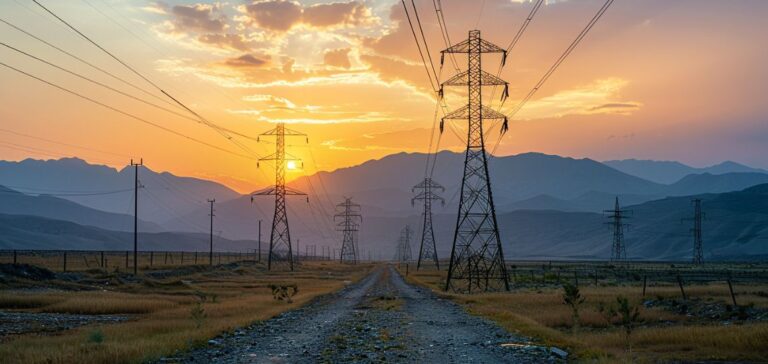The U.S. Embassy in Iraq has confirmed that Washington has ended the exemption allowing Baghdad to purchase electricity from Iran, a decision that could have consequences for the country’s energy security. The embassy spokeswoman stated that this measure aims to prevent Tehran from benefiting from any economic or financial relief.
Energy dependence under pressure
Since 2018, Iraq had been benefiting from waivers allowing it to import electricity and gas from Iran despite U.S. sanctions on Tehran. These imports account for about one-third of Iraq’s energy needs, as the country struggles to generate sufficient electricity due to decades of conflict and an ageing power grid. Baghdad has regularly faced supply disruptions, with Tehran occasionally halting exports due to unpaid bills or rising domestic demand.
Limited short-term alternatives
Economist Yesar Al-Maleki from Middle East Economic Survey highlighted that Iranian electricity supply has never been entirely reliable and has reached its lowest annual levels over the past three years. With the removal of the U.S. exemption, Iraq may face difficulties in meeting electricity demand, particularly during peak summer consumption periods. To mitigate this shortfall, the country could increase electricity imports from Turkey or rely on independent producers in the Kurdistan region.
Towards a diversification of energy sources
The Iraqi government has announced plans to reduce its energy dependence on Iran and achieve self-sufficiency by 2028. This initiative includes ending gas flaring in oil fields to fuel Iraqi power plants. The U.S. Embassy in Baghdad also highlighted the opportunities this energy transition presents for American companies, stating that their expertise could enhance the efficiency of Iraq’s electricity sector.
A decision with geopolitical implications
While this measure applies only to electricity, Iraqi imports of Iranian gas fall under separate U.S. regulations and have not yet been affected. However, the Iraqi government is preparing for various scenarios, including importing liquefied natural gas via shipments. This U.S. decision comes at a time of heightened tensions between Washington and Tehran, as the United States continues its “maximum pressure” policy aimed at curbing Iranian influence in the Middle East.






















